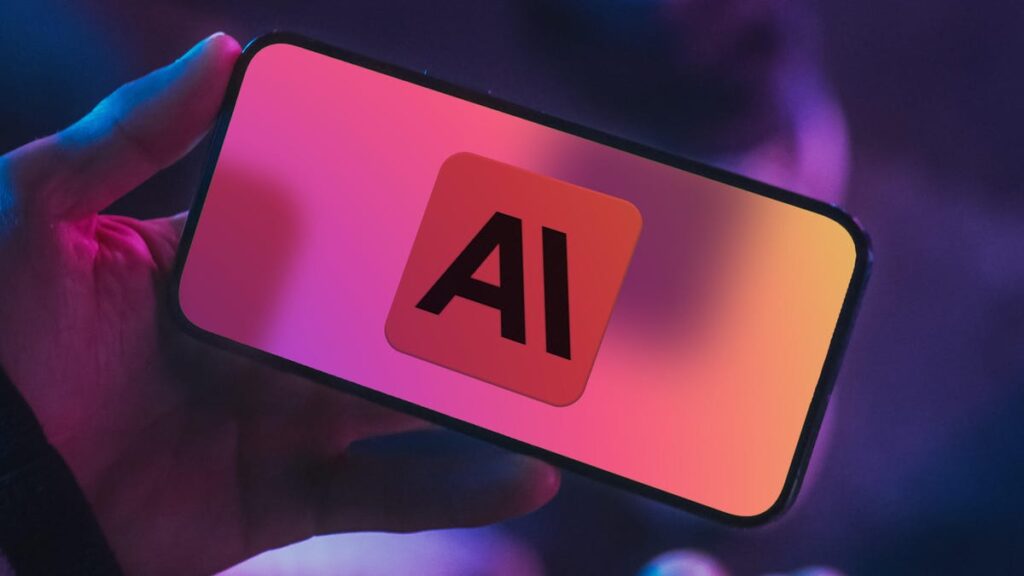Anthropic’s use of copyright-protected books in its AI training process was “exceedingly transformative” and fair use, US senior district judge William Alsup ruled on Monday. It’s the first time a judge has decided in favor of an AI company on the issue of fair use, in a significant win for generative AI companies and a blow for creators.
Fair use is a doctrine that’s part of US copyright law. It’s a four-part test that, when the criteria is met, lets people and companies use protected content without the rights holder’s permission for specific purposes, like when writing a term paper. Tech companies say that fair use exceptions are essential in order for them to access the massive quantities of human-generated content they need to develop the most advanced AI systems.
Writers, actors and many other kinds of creators have been equally clear in arguing that the use of their content to propel AI is not fair use. Publishers, artists and content catalog owners have filed lawsuits alleging that AI companies like OpenAI, Meta and Midjourney are infringing on their protected intellectual property in attempt to circumvent costly but standard licensing procedures.
(Disclosure: Ziff Davis, CNET’s parent company, in April filed a lawsuit against OpenAI, alleging it infringed Ziff Davis copyrights in training and operating its AI systems.)
The authors suing Anthropic for copyright infringement say their books were also obtained illegally — that is, they were pirated. That leads to the second part of Alsup’s ruling, based on his concerns about Anthropic’s methods of obtaining the books. In the ruling, he writes that Anthropic co-founder Ben Mann knowingly downloaded unauthorized copies of 5 million books from LibGen and an additional 2 million from Pirate Library Mirror (PirLiMi).
The ruling also outlines how Anthropic deliberately obtained print copies of the books it previously pirated in order to create “its own catalog of bibliographic metadata.” Anthropic vice president Tom Turvey, the ruling says, was “tasked with obtaining ‘all the books in the world’ while still avoiding as much ‘legal/practice/business slog.'” That meant buying physical books from publishers to create a digital database. The Anthropic team destroyed and discarded millions of used books in this process; to prep them for machine-readable scanning, they stripping them from their bindings and cut them down to fit.
Anthropic’s acquisition and digitization of the print books was fair use, the ruling says. But it adds: “Creating a permanent, general-purpose library was not itself a fair use excusing Anthropic’s piracy.” Alsup ordered a new trial regarding the pirated library.
Anthropic is one of many AI companies facing copyright claims in court, so this week’s ruling is likely to have massive ripple effects across the industry. We’ll have to see how the piracy claims resolve before we know how much money Anthropic may be ordered to pay in damages. But if the scales tip to grant multiple AI companies fair use exceptions, the creative industry and the people who work in it will certainly suffer damages, too.
For more, check out our guide to understanding copyright in the age of AI.
Read the full article here


